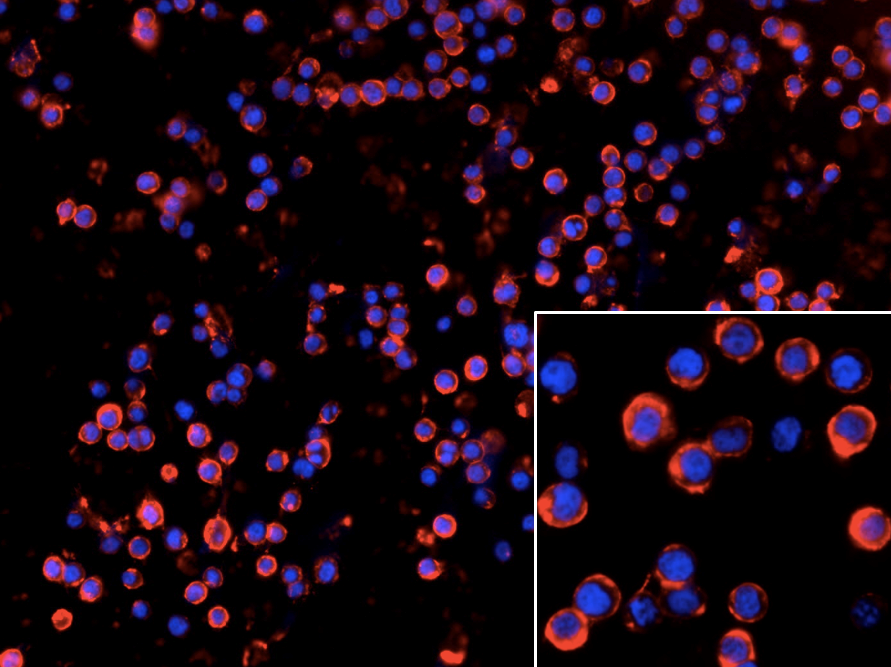Novel CARTs
Novel CARTs

Promoter: IPATIMUP - Instituto de Patologia e Imunologia Molecular da Universidade do Porto
Partners:Oslo Radium Hospital;
EEA Grants: 9 561,38 €
Grace Code: PT-BI020
Programme:
What is the aim of this initiative?
Immunotherapeutic approaches are extremely important in cancer therapies and are based on the exploitation of the patient's immune system to fight the disease.
One of the most efficient strategies, called Adoptive Cell Transfer, is based on the transfer of immune cells (T or NK cells) genetically modified to express receptors that recognise specific targets expressed by cancer cells.
Molecules known as Chimeric Antigen Receptors (CARs) composed of an extracellular binding domain of an antibody and an intracellular signalling component of a T cell receptor have the ability to redirect effector cells.
Despite the success of CARs in the treatment of haematological neoplasms, their application in solid tumours has been particularly challenging, essentially due to the lack of specific targets.
The glycan biosynthetic process, called glycosylation, undergoes severe changes during cancer progression, leading to altered expression of specific structures, which are potential targets for CARs.
This bilateral initiative represents an important partnership between Dr. Wälchli's group, highly specialised in immunology and with a solid background in immunotherapeutic product development, and Dr. Reis' group, with a unique expertise in oncology and glycobiology.
This initiative has as main objective the characterization and evaluation of the efficiency of a unique antibody, HH2, whose target is a glycan expressed by several types of malignant cells.